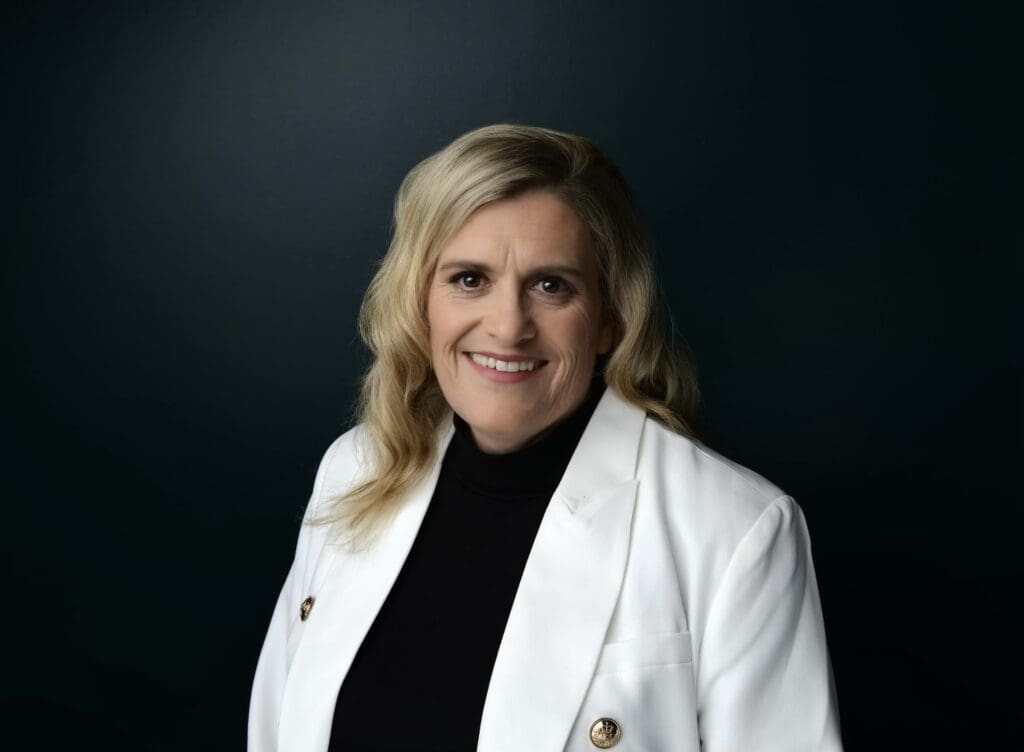How Women Are Shaping the Future at MillarRich
This is a Content Corner guest article. Learn more here.
In the world of business, women continue to face unique challenges as they rise to leadership
roles, yet many persist and thrive despite these challenges. At MillarRich, a Tennessee-based
organization focused on supporting individuals with disabilities, women are not only leading the
charge but reshaping the landscape of their industry.
One such leader, who now heads the company, shared her inspiring journey and insights on
gender diversity, work-life balance, and the future of women in leadership. Her career started in
direct care, but a pivotal opportunity to train in the Teaching Family Model at the University of
Kansas opened doors for her, including her first opportunity to run a company. The
connections she made along the way, including working alongside future founders Susan and
Rowan, ultimately led to her current role at MillarRich.
When asked about the challenges faced as a woman in leadership, she highlighted two key
obstacles: wage disparity and boardroom discrimination. She recounted a time when, after
turning around a struggling company, she learned that her male replacement was offered
$50,000 more than her salary. “I felt it was important to point out the disparity to the board, and
Though they corrected it, the experience left a lasting impression,” she said. In male-dominated
spaces, she has also been overlooked or accused of being too emotional, but persistence, she
emphasized, remains her best tool.

Her leadership philosophy aligns closely with servant leadership. She believes in working collaboratively but is always ready to make the final decision when necessary. “Leadership is about serving in any and all capacities,” she explained. This mindset has helped her navigate the complex needs of her employees while also contributing to MillarRich’s success. The company fosters a supportive culture for women, offering flexible work arrangements and generous benefits, including paid maternity leave and 401K matching.
Looking at the broader industry, she’s observed positive changes in gender diversity,
particularly in how companies now respect women’s boundaries regarding workload. Earlier in
her career, working 12-16 hour days was common, a sacrifice that often came at the expens
of family time. Now, she watches younger generations set healthier boundaries and strives to
do the same.
As for mentorship, it has been a vital part of her success. She credits several mentors,
including Dr. Michael Strouse and Dr. James Sherman, for pushing her to embrace technology
and data-driven decision-making early in her career. “Mentorship is incredibly important,” she
said, adding that it’s now her responsibility to provide guidance to the next generation of
women leaders.
When asked what advice she would give young women aspiring to leadership roles, she
emphasized the importance of building strong relationships. “Everything in the world happens
because of relationships,” she noted, urging young women to focus on communication,
creative problem-solving, and time management.
Looking to the future, she believes the outlook for women in leadership is bright but insists
companies must continue to evolve. “We have to keep showing the world that we have a lot to
offer,” she said, encouraging businesses to support women in balancing their personal and
professional lives.
Reflecting on her legacy, she takes immense pride in the work she did to close stat
institutions and help individuals with disabilities live in their communities. Now, as the
grandmother of a child born with rare genetic chromosomal duplications, her life’s work has
taken on an even deeper personal significance.
Her story is one of resilience, passion, and dedication, a reminder that with the right support
and determination, women can—and will—lead industries into a more inclusive future.
